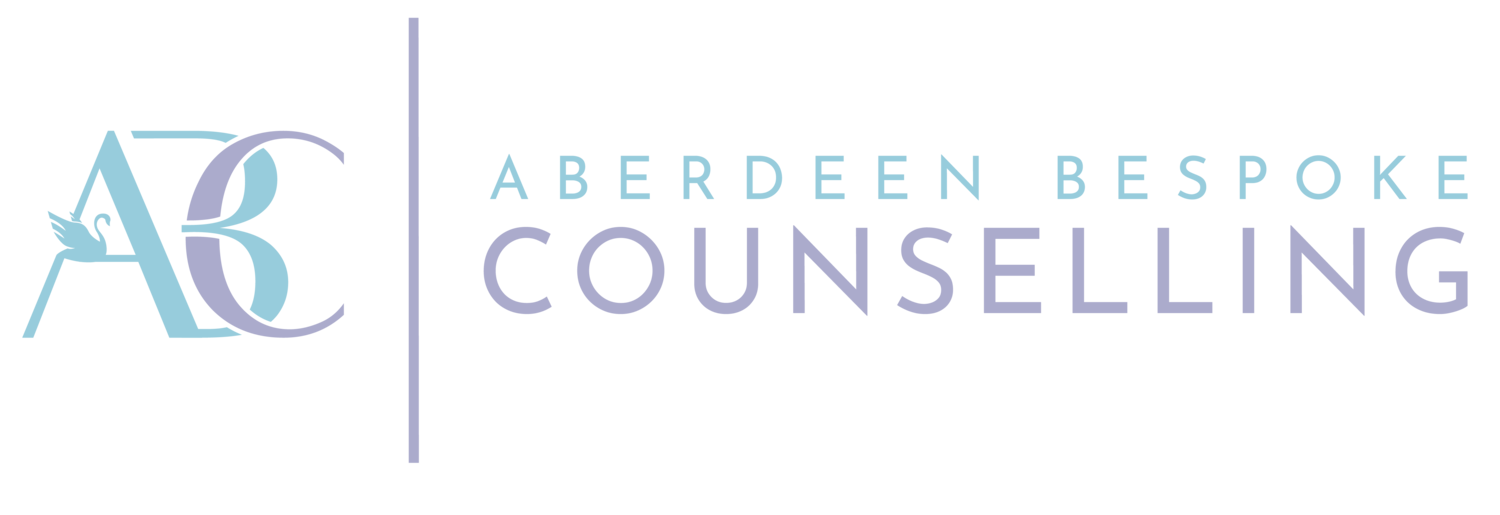Communication & Assertiveness: Confidence for Every Conversation
With a Little Help from Jefferson Fisher —
and a Lot from Aberdeen Bespoke Counselling
Why Communication and Assertiveness Matter
Healthy communication is the foundation of strong relationships. Whether navigating a heartfelt talk with a partner, setting boundaries with friends, or speaking up at work, clear and confident communication is the difference between being heard—and feeling unheard.
Think about it:
In relationships, being able to express needs gently but firmly nurtures trust and intimacy.
With friends, assertiveness ensures mutual respect—not one person always playing the “nice” or “caretaker” role.
In family, clear boundaries can reduce resentment and increase harmony.
At work, confidence in communication can transform quiet contributions into valued input.
Jefferson Fisher’s Practical Wisdom on Assertiveness
Jefferson Fisher, a respected trial lawyer and communication expert, reframes assertiveness not as aggression—but as clarity and self-respect. Here are some of his most powerful, actionable tips:
1. Lead with Where You Want the Conversation to Go
Instead of vague or apologetic openings, set the tone:
“I want this to end with a clear plan.”
This reframes the dialogue toward collaboration, not conflict.
2. Use Authority Phrases to Set Boundaries
Statements like:
“I do not accept the way you're speaking to me.” or “I do not allow that behaviour.”
These clarify that disrespect is not part of the conversation.
3. Skip the Hesitation Trap
Remove words like “just” that weaken your voice:
Instead of, “I just wanted to check in,” say, “I wanted to check in.”
It’s simple, strong, and assertive.
4. Stop Over-Apologizing
Rather than "Sorry for the delay," try: “Thank you for waiting.”
This shifts from subservience to dignity.
5. “No” Is a Complete Sentence
You don’t owe explanations. A simple, respectful "No" sets a clear boundary that others learn to respect.
6. Keep Communication Short, Calm, and Observational
Long, emotional messages often muddy the meaning. Instead: “I’m noticing we’re not on the same page.”
Neutral statements reduce defensiveness and foster clarity.
7. Flip Statements into Questions
Instead of asserting:
“You’re being rude,” try: “Did you mean it that way?”
This opens dialogue.
8. Use the Power of Pause
A pause isn’t silence—it’s presence. It gives you composure and lets you respond, not react.
How Aberdeen Bespoke Counselling Can Help You Grow Assertive
At Aberdeen Bespoke Counselling, I offer a caring and tailored space to help you work on the areas below—and much more:
Learn to like and accept yourself
Learn to put yourself first (no, it’s not selfish!)
Understand—if you don’t already—that your voice matters
Learn and practise Fisher’s assertive phrases and mindset
Build confidence to express your needs in relationships, family, and work
Recognise and assert your basic human rights—to be respected, heard, and valued
Understand and navigate difficult dynamics—especially with narcissism, manipulation, or emotional defensiveness
Develop deeper emotional awareness so your communication always aligns with your values and self-worth
A common fear in the counselling room from people who want to be assertive is that they worry they’ll come across as aggressive or cause confrontation. In reality, these same people are often the least likely to appear aggressive—because they’re already struggling to be assertive. That said, ABC will help you ensure you come across as confident, calm, and assertive, while becoming more comfortable with the idea of healthy confrontation. We might even explore people-pleasing if that’s something holding you back.
Final Thoughts
If you feel your voice isn’t being heard at home or with friends, if you know you’re being taken advantage of at work, or if you often find yourself nodding and agreeing to things (while inside your head you’re screaming “Nooooooo!”), then please do reach out to ABC. Maybe it’s time to find your voice.
Assertiveness is about speaking up for yourself, living your life the way you want, and having healthy boundaries in place. It isn’t about winning arguments—it’s about maintaining connection with honesty and respect.
As Jefferson Fisher says: “Never win an argument... focus on the relationship, not the argument.”
ABC can really help you to move forward in a healthy and respectful way. Just one click here could be the first step toward becoming assertive.

